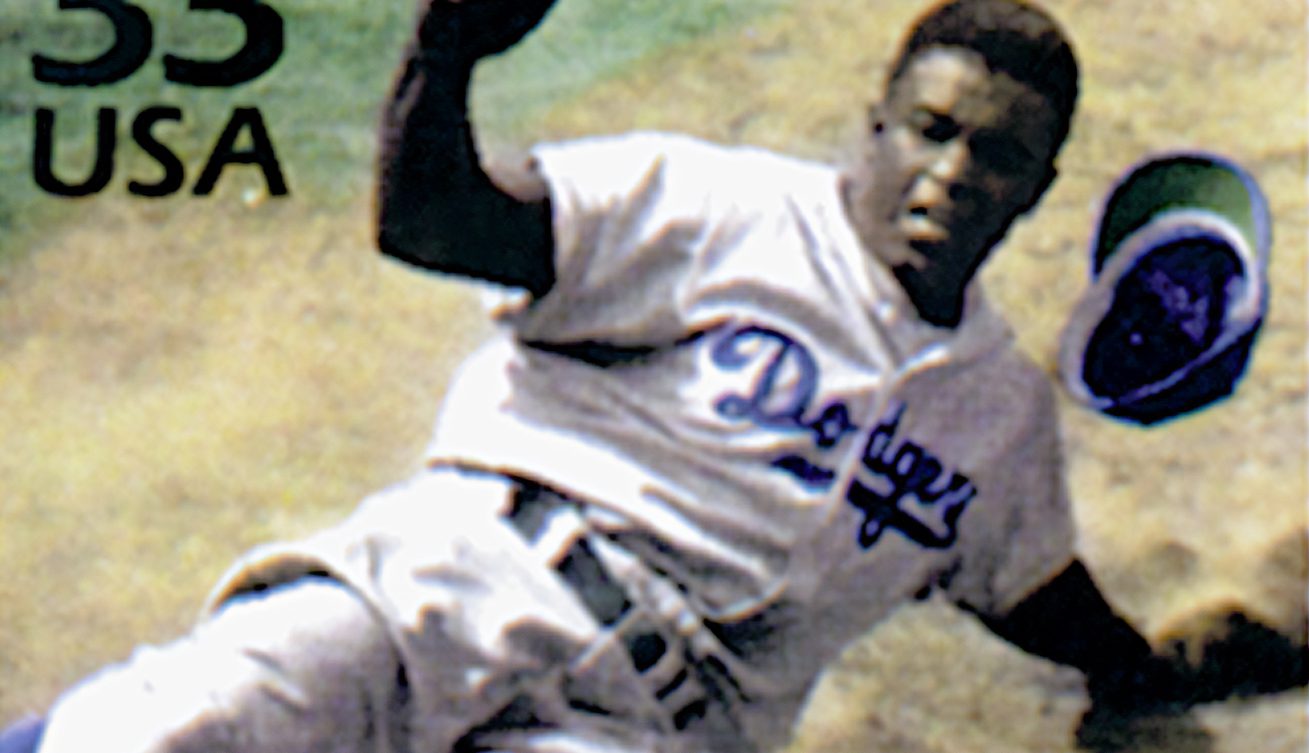Happy Birthday Babe Ruth
George Herman “Babe” Ruth was born on February 6, 1895, in Baltimore, Maryland. One of the sports world’s most famous players, he set and broke numerous records during his career and is a legend of baseball.

George Herman “Babe” Ruth was born on February 6, 1895, in Baltimore, Maryland. One of the sports world’s most famous players, he set and broke numerous records during his career and is a legend of baseball.

Baseball legend Jackie Robinson, who was born on January 31, 1919, in Cairo, Georgia. He was the first African American baseball player in the major leagues and had an impressive decade-long career that earned respect and admiration.

On November 6, 1869, Rutgers College and the College of New Jersey (later named Princeton) played the first game of intercollegiate football in America.

On September 22, 1981, the USPS inaugurated its Sports Series (sometimes called the American Sports Personalities Series), honoring some of America’s most notable athletes.

On July 17, 1976, Queen Elizabeth II presided over the opening ceremonies of the Games of the XXI Olympiad in Montreal, Quebec, Canada. These were the first and only Summer Olympics held in Canada.

On July 6, 1933, the first All-Star game was played at Comiskey Park in Chicago, Illinois. It’s become a beloved annual tradition held nearly every since.

Olympic swimmer Helene Emma Madison was born on June 19, 1913, in Madison, Wisconsin. “Queen Helene” won three gold medals at the 1932 Summer Olympics and broke multiple world records.

On June 12, 1939, the Baseball Hall of Fame opened in Cooperstown, New York. Often referred to as simply Cooperstown, it’s become the home of baseball, with more than 300 inductees over the years.

Vincent Thomas Lombardi was born on June 11, 1913, in Sheepshead Bay, Brooklyn, New York. One of the most successful coaches in NFL history, the Super Bowl trophy is named in his honor.